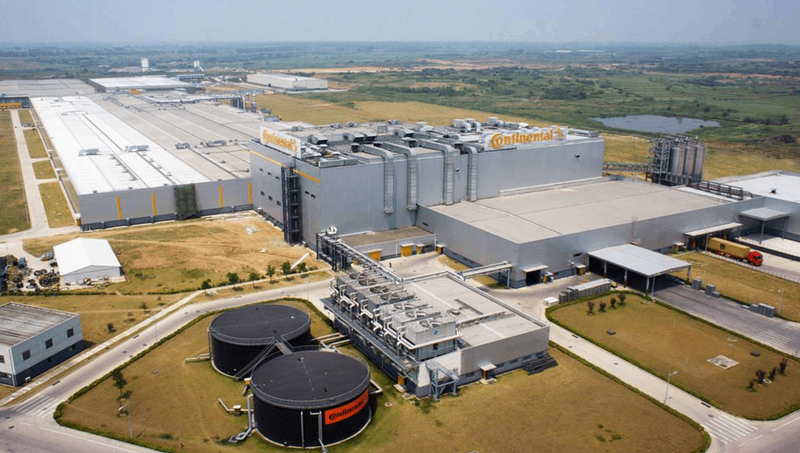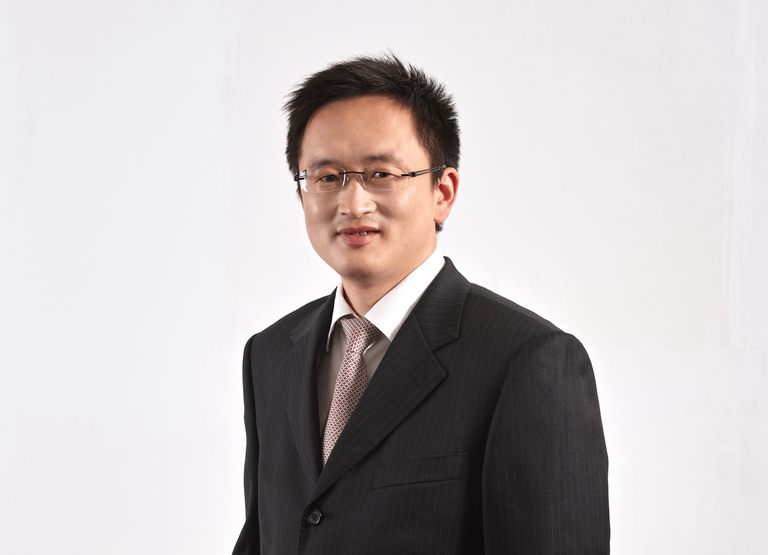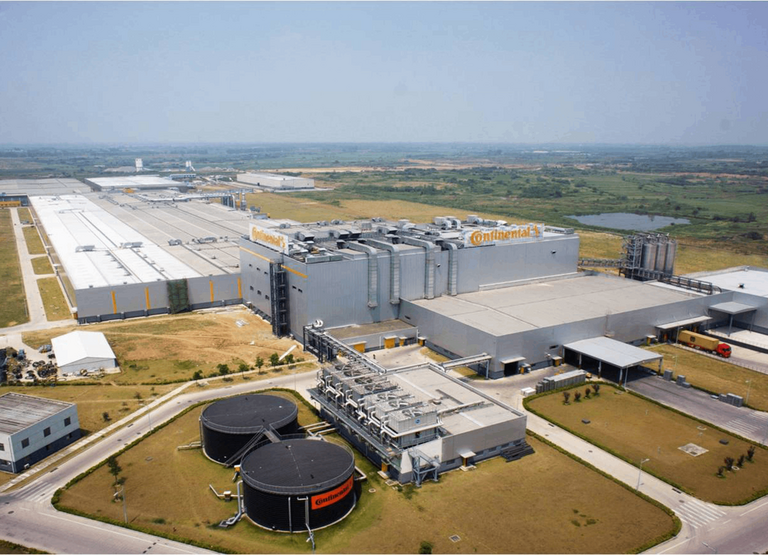Continental Tire Plant in Hefei Receives Internationally Recognized ISCC PLUS Sustainability Certification
- Recognized certification attests to compliance with special sustainability standards
- "We are increasing the proportion of renewable and recyclable materials in our tires. We use the principle of mass balance to create transparency and accountability regarding our progress," says Jorge Almeida, Head of Sustainability Tires at Continental
- Continental's aim: Over 40 percent renewable and recycled materials in its tires by 2030
Hanover, Germany, June 4, 2024. The Continental tire plant in Hefei, China, recently became the company’s latest production site to receive the International Sustainability and Carbon Certification (ISCC) PLUS sustainability certification. The globally recognized standard certifies that Continental meets specific sustainability standards. It also confirms the transparency of the traceability of the raw materials used in the production process. Certification of the raw materials enables Continental to ensure the end-to-end traceability of the materials from sustainable sources. For the premium manufacturer, this is a further step on the way to 100 percent sustainable materials in its tire products by 2050 at the latest.
"We are increasing the proportion of renewable and recyclable materials in our tires. We use the principle of mass balance to enable sustainable materials and technologies to ramp-up, while generating the needed transparency and accountability regarding our progress. This is confirmed by the internationally recognized ISCC PLUS certification," says Jorge Almeida, Head of Sustainability Tires at Continental. "Our aim is to gradually roll out the mass-balance approach to all our tire plants worldwide."
The certification was based on fulfilling and documenting certain raw material mass balancing procedures. The mass-balance approach mixes fossil, renewable and recycled raw materials in existing systems and processes. The quantities used are tracked along the entire value chain and can therefore be allocated proportionately at any time. The mass-balance approach enables Continental to gradually increase the proportion of sustainable materials in its products. It ensures that the balance of certified sustainable materials can be accurately reported.
"The certification proves the high quality of all of our work processes, from the procurement of certified raw materials to the transportation of the finished tire," says Xiaoji Wang, Head of the Continental tire plant in Hefei, China. "Our Hefei plant meets the strict certification requirements of ISCC PLUS, including raw material traceability and compliance with environmental standards. This certification underlines our commitment to sustainable processes along the entire value chain."
Complete traceability of mass-balance-certified materials
ISCC PLUS is an internationally recognized voluntary certification system. It is applicable to the bioeconomy and circular economy and certifies non-conventional raw materials that can be used, for example, in the areas of foodstuffs, animal feed, chemicals, plastics, packaging and textiles. The various criteria required for ISCC PLUS certification include the traceability of raw materials, compliance with environmental standards, the protection of ecosystems, ensuring compliance with labor and human rights and the promotion of sustainable economic development.
The UltraContact NXT the most sustainable serial tire from Continental, uses mass-balance-certified materials. For example, synthetic rubber made from bio-based and bio-circular raw materials or carbon black, which is produced in part using oil from circular processes. It is manufactured at the tire plant in Lousado.
Target for 2050 at the latest: tires made entirely from sustainable materials
Continental is working intensively to switch as many raw materials as possible in production to sustainable materials. Raw materials that could be used in tire production in the future include agricultural waste such as the ash from rice husks, rubber from dandelions, recycled rubber or PET bottles.
The certification of the Continental plants in Hefei, China, and Lousado, Portugal, is an important milestone in Continental’s efforts to use more than 40 percent renewable and recycled materials in its tires by 2030 and to become completely climate-neutral by 2050. By 2050 at the latest, all new tires from Continental are to be made entirely from sustainable materials.
The tire plant in Hefei has been manufacturing products for the APAC region since 2011
Continental’s Hefei tire plant, located in the Nangang Tech Park of Hefei’s High-Tech Zone, was inaugurated in September 2009 and today covers a total area of 667,000 square meters. Continental has been producing tires for passenger cars and light commercial vehicles for the Chinese market and other markets in the Asia-Pacific region since 2011. The tire plant in Hefei has also been producing two-wheel tires since 2012.

Laura Averbeck
Manager Communications Sustainability
Continental Tires

Henry Schniewind
Head of External Communications
Continental Tires



